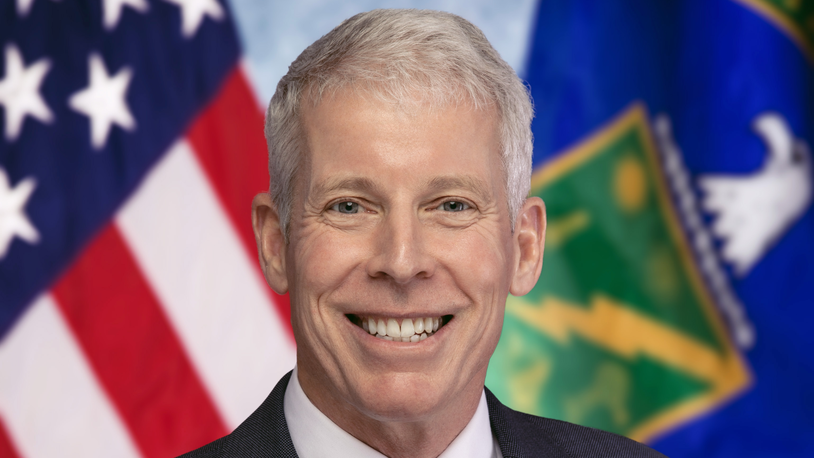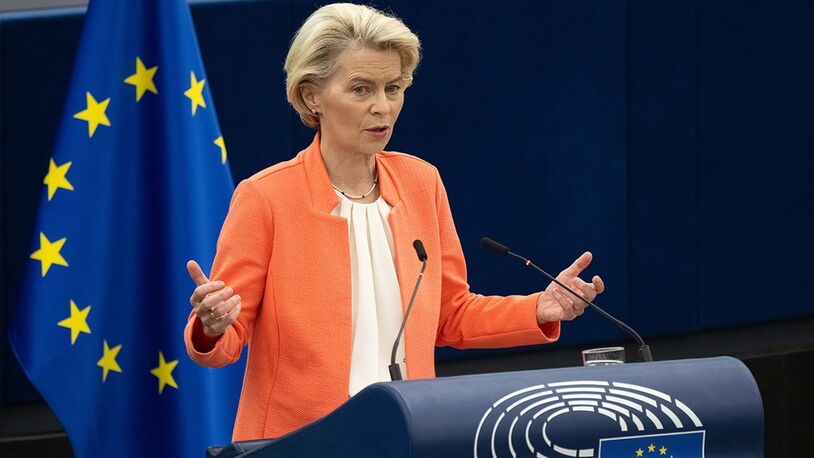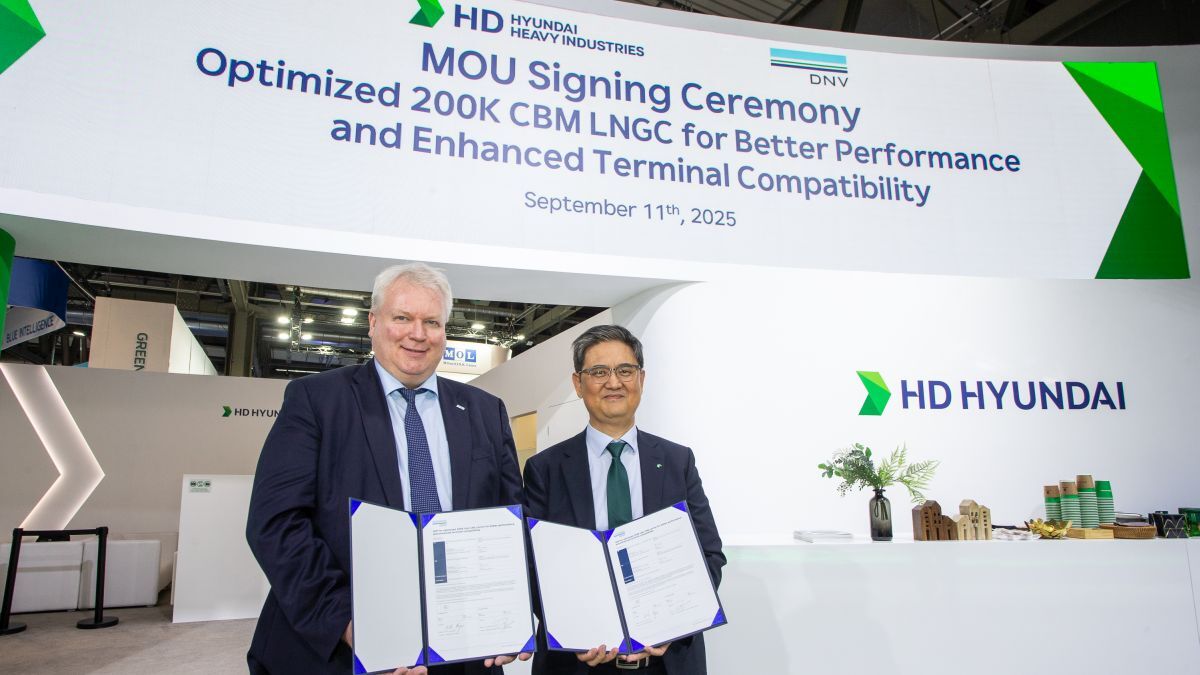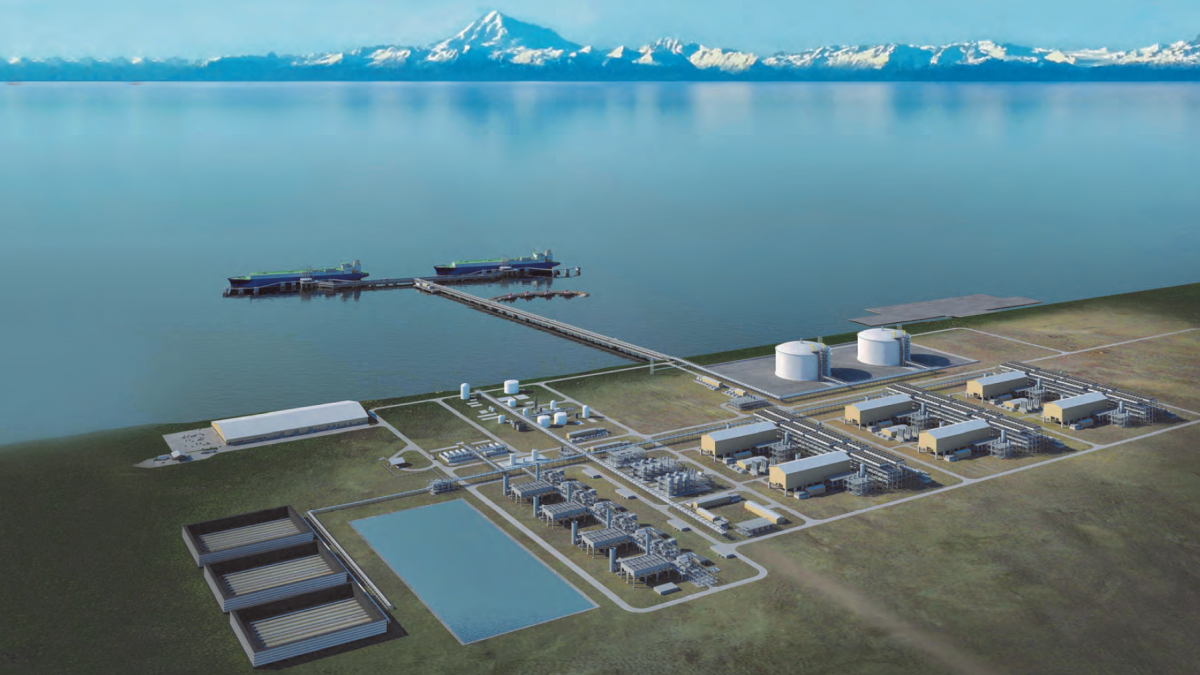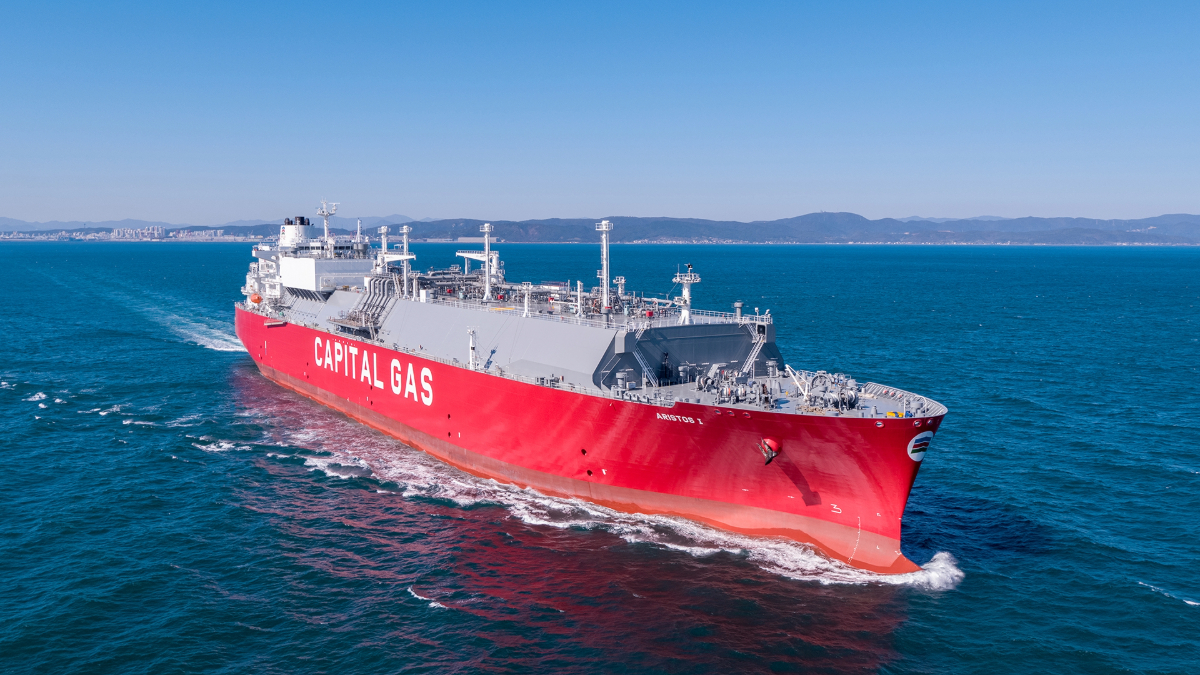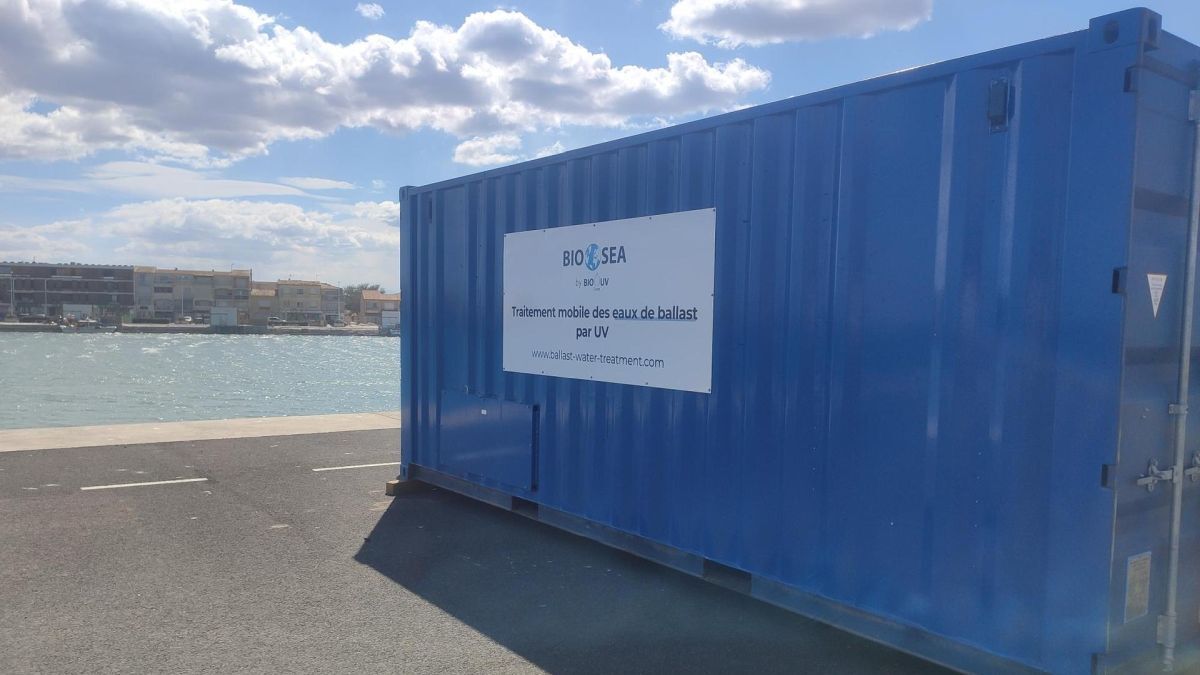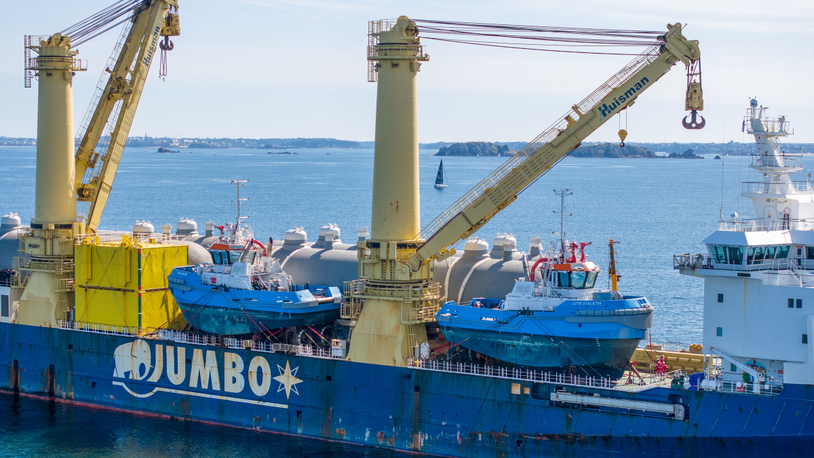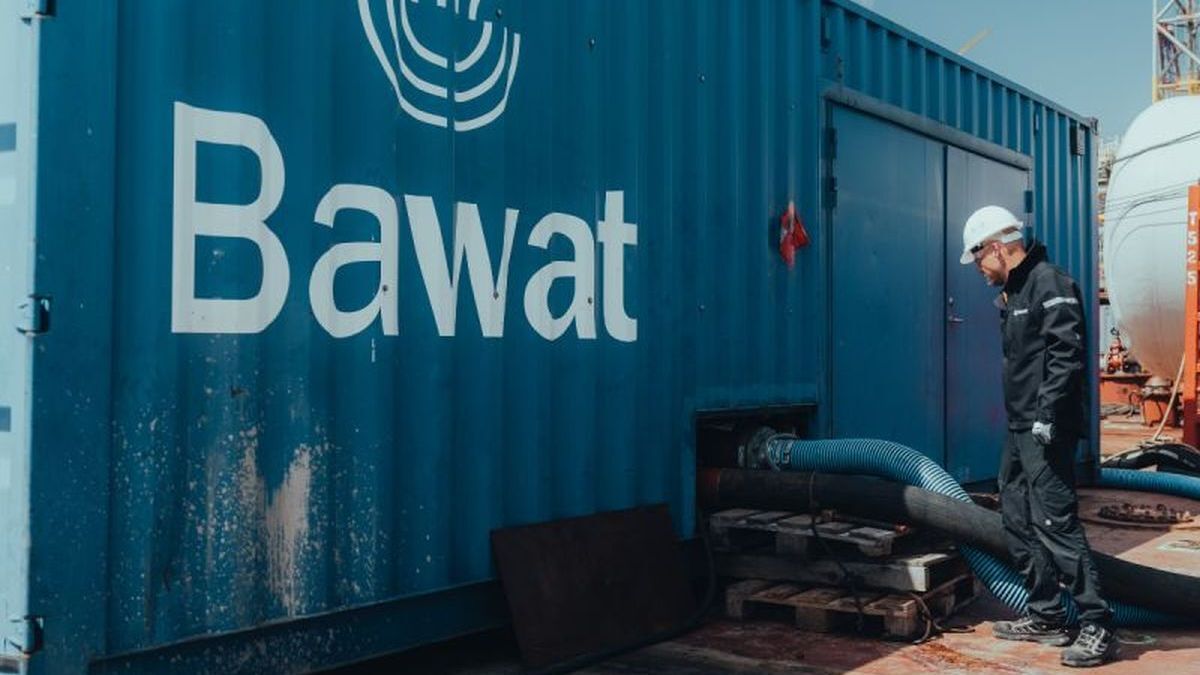Business Sectors
Contents
Register to read more articles.
How a US Department of Energy study enabled the resumption of LNG export approvals
The US Department of Energy (DoE) addresses comments on its 2024 LNG Export Study, allowing the resumption of non-FTA export rulings
The United States Department of Energy (DoE), via its Office of Fossil Energy and Carbon Management, has published both the LNG Export Study and the associated Response to Comments paper. Together, these constitute the complete record for evaluating applications to export liquefied natural gas (LNG) to countries without free-trade agreements.
The DoE issued the study on 20 December 2024. It comprises a summary report and four appendices presenting scenario-based modelling of energy, economic and environmental outcomes, intended to inform DoE’s statutory public interest determination under section 3 of the Natural Gas Act. DoE opened the comment period in December 2024 for 60 days and extended it through 20 March 2025, and the comments were collated in the associated Response to Comments paper.
The DoE has now released its Response to Comments, addressing over 100,000 submissions — from industry, environmental organisations, academics and the public — declaring that the LNG Export Study “addresses all substantive points raised” and confirming that the combined record supports LNG exports not being inconsistent with the public interest. The Response to Comments notes that DoE does not intend to revise the study but will use the study, comments, and its responses as the administrative record for non-FTA export applications.
Findings of the 2024 LNG Export Study
The 2024 LNG Export Study concludes that domestic natural gas supply is robust enough to serve both domestic consumption and export demand without undue impacts on domestic prices. It projects improvements to national GDP and the trade balance, alongside enhanced energy security for the US and its partners. On environmental considerations, the LNG Export Study projects global greenhouse-gas emissions would rise by no more than approximately 0.1% cumulatively to 2050 - within modelling uncertainty - and that US LNG exports are more likely to displace coal and oil consumption than renewable sources.
The LNG Export Study reaffirmed DoE’s belief that LNG export applications should be approved unless sufficient evidence shows inconsistency with the public interest.
Impact of Response to Comments
The Response to Comments explicitly incorporates DoE’s technical responses to submissions and restates that the combined record supports LNG exports as consistent with the public interest. The DoE emphasised that the 2024 LNG Export Study would not be revised, though it will inform future proceedings.
The comment summaries in the Response to Comments document include both objections to and support for the LNG Export Study. Industry stakeholders, such as Sempra Infrastructure Partners, asserted that DoE’s review should not consider certain factors — specifically global demand for US LNG, upstream and downstream environmental effects, including greenhouse-gas emissions, or community impacts. Sempra argued that the principal purpose of the Natural Gas Act is “to encourage the development of plentiful supplies of natural gas at reasonable prices,” and that environmental considerations should not be accorded greater weight than that statutory purpose.
Similarly, Center for LNG (CLNG) and allied industry signatories contended that DoE’s public interest determination under the Natural Gas Act should be narrowly focused on economic and energy supply considerations only, rather than ‘‘environmental accountability’’ or broader issues.
Conversely, critics — including environmental organisations — raised concerns about the LNG Export Study methodology. Some questioned how executive orders, such as one declaring a national energy emergency, should influence DoE’s public interest analysis. Others noted the LNG Export Study’s refusal to assign probabilities to its scenarios and modelling outcomes. For example, the Institute for Energy Economics and Financial Analysis (IEEFA) commented that the absence of probabilities “undermines the credibility of its analysis as to how differing LNG export capacity levels affect domestic natural gas prices.” IEEFA drew an analogy to the Challenger disaster (the 1986 explosion of a NASA space shuttle shortly after launch, caused by technical and organisational failings), warning that ignoring risk was a flawed organisational approach.
Supportive commentary appeared from entities such as the Partnership to Address Global Emissions (PAGE), which is an industry-backed coalition that promotes LNG exports as a means of reducing global emissions and enhancing energy security. In its statement, PAGE welcomed the release of the Response to Comments. PAGE asserted that the DOE analysis “confirms that US LNG can reliably meet both domestic and global demand while boosting US economic competitiveness, enhancing our national security, and displacing dirtier fuels such as coal and fuel oil.” It said the Response to Comments “clearly demonstrates that LNG exports serve the public interest”.
The DoE’s Response to Comments reaffirmed the pre-existing presumption in favour of export authorisations under the Natural Gas Act, and the LNG Export Study remains a single input among others — including comment submissions, appendices, and administrative records — for evaluating non-FTA export applications. Akin Gump Strauss Hauer & Feld LLP, a Washington-based international law firm specialising in energy regulation, noted that because the comment process is complete, “the Department can move forward to issue final orders on pending LNG export applications”.
PAGE’s statement reinforces that DoE’s analysis, which affirmed the public interest case for LNG exports — economic, climate, security — and supports LNG as a component of US policy.
Meanwhile, industry and environmental critics differed sharply. The Sierra Club expressed concern that expanded exports could push domestic gas prices up by more than 30%, increasing household costs and burdening consumers. DoE responded by reaffirming its modelling, which projected modest price impacts within the margin of error.
Administrative pause and resumption of approvals
President Trump’s appointment of Chris Wright, an early innovator of commercial shale gas production, as the 17th Secretary for the US Department of Energy, has made it clear that the DoE intends to resume decisions on pending LNG export applications. It emphasised that the administrative pause — implemented earlier under the Biden administration — is now over, and the Department will resume decisions on non-FTA applications that were previously held in abeyance.
When combined with DoE’s completion of the comment process and its reaffirmation of the public interest presumption, these developments indicate that the LNG Export Study and Response to Comments facilitate the restart of approvals for pending export applications, and the DoE has established a comprehensive administrative record to resume adjudication of LNG export applications.
Industry objections centred on the inclusion of environmental and community factors, while critics highlighted modelling limitations and risk omission. Supporters emphasised economic, security and environmental displacement benefits. The DoE reaffirmed its rebuttable presumption in favour of exports, with legal counsel noting that final orders can now proceed. Coupled with the formal end to the Biden administration’s pause, these documents collectively allow the DoE to advance pending non-FTA export applications under a clarified public interest framework without further hindrance.
Riviera’s LNG Shipping & Terminals Conference will be held in London on 21-22 October 2025. Use this link to register your interest and attend the event.
Related to this Story
Events
Maritime Decarbonisation, Europe: Conference, Awards & Exhibition 2025
Offshore Support Journal Conference, Americas 2025
LNG Shipping & Terminals Conference 2025
© 2024 Riviera Maritime Media Ltd.


